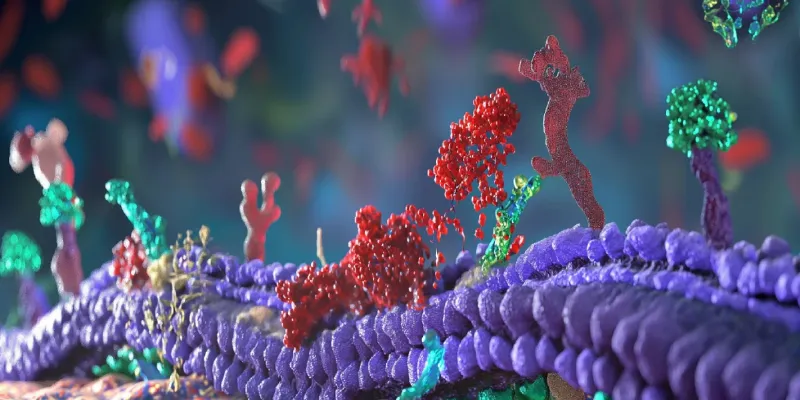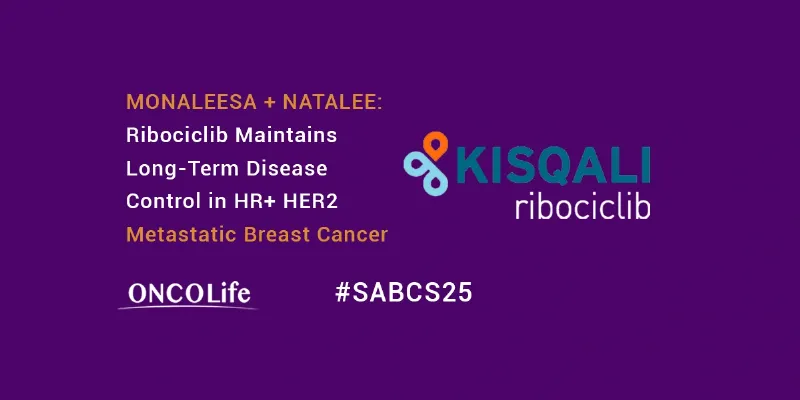Boehringer Ingelheim's P-II Trial Sparks Hope for Chronic Kidney Disease Patients

4 November 2023
A groundbreaking Phase II trial by Boehringer Ingelheim shows its novel aldosterone synthase inhibitor BI 690517, on top of empagliflozin, significantly reduces albuminuria in CKD patients by up to 39.5%. The results of the trial, presented at the American Society of Nephrology's Kidney Week 2023, promise a new treatment approach; the study indicates potential for mitigating hyperkalemia risks and advancing care for CKD patients.
Patients with chronic kidney disease (CKD) may have a novel treatment option that has emerged from Boehringer Ingelheim's recent Phase II clinical trial. The promising results showed that the new drug, BI 690517, significantly reduces a key marker of kidney damage, known as albuminuria, when used in conjunction with empagliflozin, an already established treatment for CKD.
This innovative approach targets aldosterone synthase, an enzyme pivotal in the production of aldosterone, a hormone known to cause damage to various organs, including the kidneys. The trial results, which were presented at the American Society of Nephrology's Kidney Week 2023, demonstrated a reduction in albuminuria by up to 39.5% when BI 690517 was added to empagliflozin treatment compared to a placebo.
Dr. Katherine Tuttle, the Principal Study Investigator, underlined the significance of these findings:
“This unique trial testing a selective aldosterone synthase inhibitor on top of standard of care including SGLT2 inhibition, showed positive and clinically relevant efficacy. Using BI 690517 along with SGLT2 inhibition may offer the potential for additive kidney benefits while possibly mitigating hyperkalemia risk. Additional CKD treatments are urgently needed to reduce residual risks of disease progression and serious complications.”
The study involved 714 patients with CKD, with or without type 2 diabetes, all of whom were already receiving a stable regimen of an angiotensin receptor blocker (ARB) or angiotensin-converting enzyme (ACE) inhibitor. Following an initial 8-week period where patients received either empagliflozin or a placebo, 586 participants were then randomized to receive varying doses of BI 690517 or a placebo for an additional 14 weeks. The trial's primary aim was to measure the efficacy of BI 690517 through the change in urine albumin creatinine ratio (UACR) from the second randomization to the end of treatment.
The most significant reduction in UACR was observed in patients who received a 10mg dose of BI 690517 alongside empagliflozin, indicating a potential additive effect when these treatments are used in combination. Additional findings of the trial included clinically meaningful reductions in UACR in up to 70% of patients treated with BI 690517 and empagliflozin, pointing to a possible lowering of the risk for clinical kidney disease events by at least 30%.
Beyond the efficacy of the drug, the safety profile of BI 690517 was also encouraging, with the medication being generally well-tolerated and only modest increases in serum potassium levels observed, which were less pronounced when empagliflozin was used concurrently.
With over a billion individuals affected by cardio-renal-metabolic conditions globally, the potential impact of this new treatment is substantial. Carinne Brouillon, Head of Human Pharma at Boehringer Ingelheim, emphasized the company's commitment to pioneering transformative treatments for these conditions, which pose a significant burden on healthcare systems and patients alike.
The excitement surrounding these findings is set to continue, as a comprehensive Phase III trial, EASi-KIDNEYTM, is slated to begin in 2024. This international study, in collaboration with Oxford Population Health, will seek to definitively assess the efficacy and safety of BI 690517 in a larger cohort of around 11,000 participants with established CKD.
The anticipation in the medical community is palpable as this novel therapeutic approach promises to offer a new lease on life for patients grappling with the debilitating effects of chronic kidney disease.
Abstract of the research
A Study to Test Whether Different Doses of BI 690517 Alone or in Combination With Empagliflozin Improve Kidney Function in People With Chronic Kidney Disease
Study Overview: This study is open to adults with chronic kidney disease. People with and without type 2 diabetes can take part in this study. The purpose of this study is to find out whether a medicine called BI 690517 improves kidney function in people with chronic kidney disease when taken alone or in combination with a medicine called empagliflozin. In the first part of the study, participants take empagliflozin or placebo as tablets every day for 2 months. Placebo tablets look like empagliflozin tablets but do not contain any medicine. In the second part, participants are divided into several groups. Depending on the group, the participants then additionally take different doses of BI 690517 or placebo as tablets for 3.5 months. In this case, placebo tablets look like BI 690517 tablets but do not contain any medicine. Participants are in the study for about 6 months. During this time, they visit the study site about 12 times. Where possible, about 4 of the 12 visits can be done at the participant's home instead of the study site. The trial staff may also contact the participants by phone or video call. Participants collect urine samples at home. These samples are then analysed to assess kidney function. At the end of the trial the results are compared between the different groups. The doctors also regularly check participants' health and take note of any unwanted effects.











Comments
No Comments Yet!